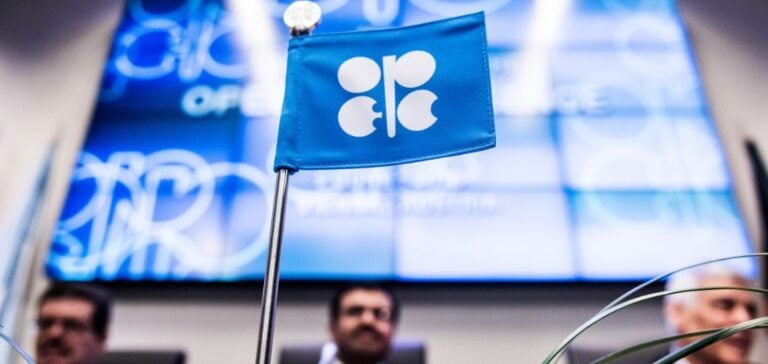OPEC has announced that OPEC+ member countries that exceeded their production quota in the first quarter of 2024 will have to submit compensation plans by April 30. This measure concerns all members with overproduction, and underlines the compliance challenges within the alliance, particularly in the face of market volatility, conflicts in Europe and the Middle East, and Chinese demand falling short of expectations.
Compliance challenges and compensation intentions
Among the main producers, Iraq, the United Arab Emirates, Kuwait and Kazakhstan exceeded their quotas in February. Iraq and Kazakhstan have already expressed their intention to compensate for this overproduction. Iraq has announced a reduction in exports to comply with its quota, although actual levels remain above commitments.
Production by major producers
The two largest OPEC+ producers, Russia and Saudi Arabia, remained within their quotas in February. Saudi Arabia played a key role in the production cuts, while OPEC+ produced 34.5 million b/d in February, slightly above its current quotas. However, the Joint Ministerial Monitoring Committee (JMMC) noted strong compliance with reductions in January and February.
Challenges and outlook for the second quarter
In addition to compensation plans, OPEC+ faces several quota-related challenges in the second quarter, despite a recent rise in oil prices. Russia will move from a voluntary supply cut to a production cut, aligning its production with that of Saudi Arabia by June. Several smaller producers, including Brunei, Gabon and Oman, also produce in excess of their quotas.
The JMMC will continue to assess market conditions, with the next meeting scheduled for June 1, the date of the next full OPEC+ ministerial meeting. The organization has also opened up the possibility of extraordinary meetings if necessary. Oil prices have climbed since the start of the year, partly due to OPEC+ cuts, but analysts predict that extensions to the cuts may be needed to support prices in the face of growing non-OPEC supply.





















